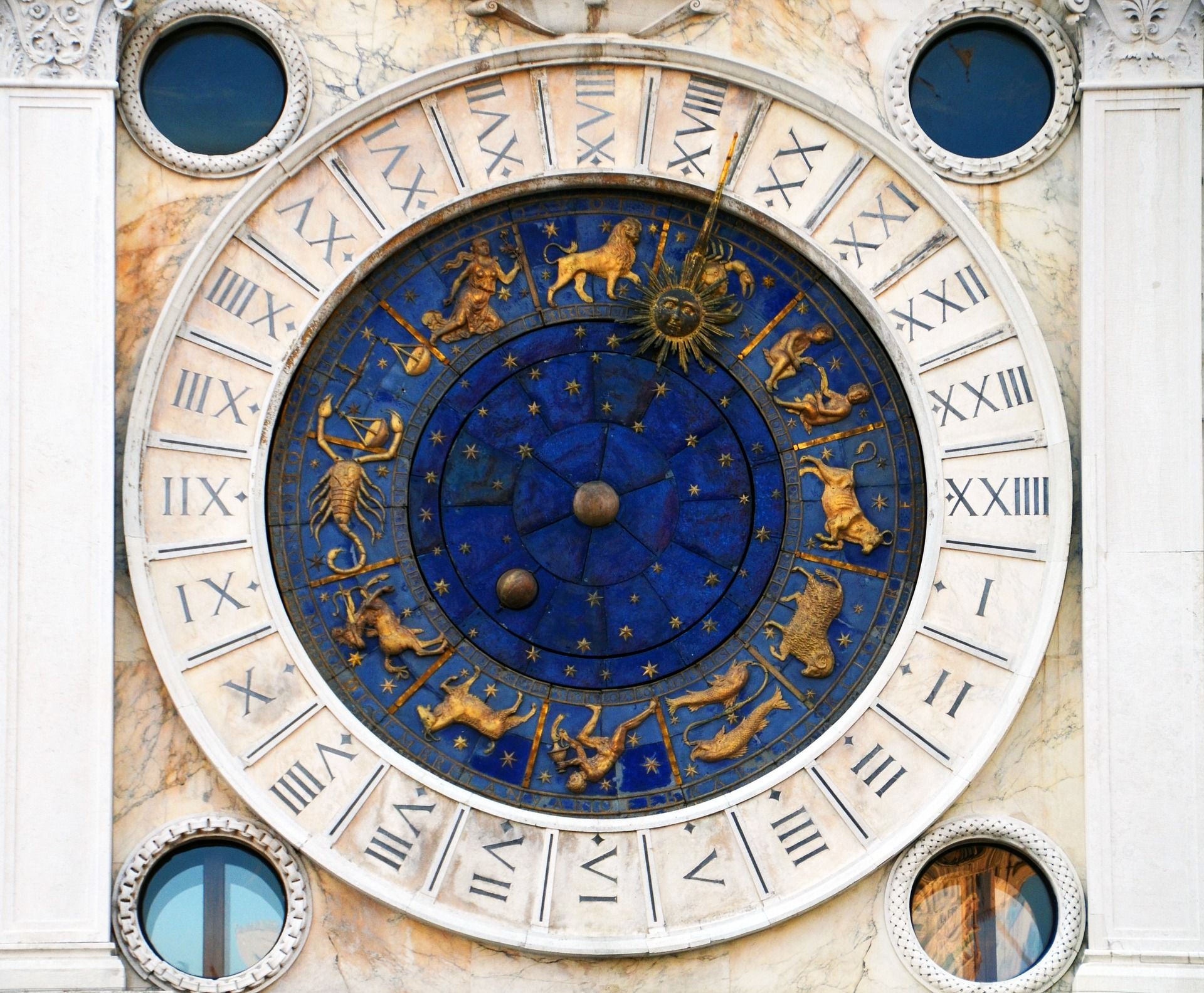Views expressed in opinion columns are the author’s own.
Western astrology experienced a recent surge in popularity beyond the dinky horoscopes. There are many explanations, from the meme format being the perfect way to distill sweeping astrological personalities into more digestible soundbites, to the unpredictable hellscape that is our modern era pushing more people toward the mystical and paranormal.
Whatever the reason, more people are beginning to look deeper than just their sun sign to understand how the astrological conditions at the time of their birth impacted their personality and how they interact with other people. Call me crazy, but I think that’s a good sign.
Obviously, astrology has very little scientific basis, and I’m not suggesting that anyone make major life decisions based on a horoscope in a tabloid. But there is something to be said for the increased reach of astrology to people who historically don’t engage in such analysis of the self. Part of this is definitely due to heterosexual men wanting to understand why they were ghosted after telling a potential romantic partner they were a Gemini, but converts to the cult of astrology are welcome however they wish to arrive!
As I previously hinted, there’s a lot more to astrology than just your sun sign — the one based on your birthday. So, identifying with that alone is kind of like basing your whole identity off your major. It definitely makes up a large part of you, but anyone who’s hung out with a STEM major for an extended period of time knows that a little diversification doesn’t hurt.
There’s evidence of astrological practice dating as far back as Ancient Mesopotamia, so given its long history, there’s a lot to it. But the lazy intermediate step between tabloid horoscope and full blown birth chart are sun, moon and ascendant signs.
The sun sign represents how one thinks of themselves, the moon sign represents one’s more interior, emotional side and the ascendant sign represents the outward self — how one presents themselves to the world. This approach grants a bit more legitimacy to the practice, seeing as the popularization of the sun sign as a primary identifier came from one of those tabloid astrology hacks seeking to convert the birth chart into a more easily personalizable media experience.
Despite the natural beauty and poetry I find in aligning oneself with celestial bodies, I fully admit that astrology is pseudoscience. But so are sports superstitions like not washing a jersey during playoffs, or even more dangerous, anti-vaccine and climate change denial theories. There’s nothing inherently harmful about the pseudoscience of astrology.
At the very least, astrology is a fun way to analyze oneself based on the moon, the stars and a hint of delusion. But the spread of astrology to non-traditional (read: male) audiences is exciting. It allows men to engage in activities that haven’t always been traditionally acceptable for them, like analyzing their behavior and emotions in relation to other people in their lives, and trying to understand how the world sees them versus how they see themselves. And, if nothing else, it’s always fun to blame your own personal woes and grievances with the world on some far out astrological phenomenon like Mercury in retrograde.
Emily Maurer is a junior environmental policy major. She can be reached at emrosma@gmail.com.



